One year ago Marlee Silva co-founded Tiddas4Tiddas, an Instagram account celebrating Aboriginal women, with her sister, Keely. Since then it has grown to 18,000 followers and become a magnet of hope and inspiration. Marlee, a proud Kamilaroi Dunghutti woman, explains what compelled her to create it.
The defining moment of my life came when I was 12 years old. I was in Year Seven and there was a big driveway at school where my parents picked me up. One Friday afternoon when it was raining I heard someone calling my name. It was my dad – and he was in his pyjamas and gumboots, holding an umbrella. I was mortified. He was in his pyjamas because he’s a police officer and he come from working the night shift to pick me up, but I was so embarrassed. I was four weeks into Year Seven and trying really hard to make friends. On Monday, straightaway, a girl asked who had picked me up. I told her it was my dad, and she asked, ‘Why is your dad black?’
I had never heard someone called a ‘colour’ before. Looking back, I probably lived in a bit of a bubble, where I had mixed parents [Marlee’s mother is white, and her father is Aboriginal], and a very multicultural extended family.
After that, I was caught in an onslaught of questions from my peers. ‘Do you believe in the Dreamtime?’ ‘What do witchetty grubs taste like?’ ‘Can you play the didgeridoo?’ It set me apart really early on, and I would get upset when I was asked questions I didn’t know the answers to, as though I was disrespecting my own culture. But, you know, at that age you don’t have the answers to everything.
I would get upset when I didn’t know the answers, but at that age you don’t
One kid at school told me jokes about Aboriginal people every single day. Later on [students] graffitied ‘Marlee Silva sniffs petrol’ on the wall. When my younger sister, Keely, started school, she volunteered to help out at the Open Night, where I performed the Acknowledgement of Country. Afterwards a grandmother come up to Keely with her grandchild, and asked, ‘Do they always do that ‘acknowledgement to country business’ before assemblies?’ When Keely said yes, she replied, ‘Oh that’s ridiculous, they need to get over it’. Keely was 11. She was there by herself, and that was what she had to face.
Back then, if I’d had something like Tiddas4Tiddas it would have helped. It can feel really lonely when you’re the only one at school. It was hard.
The idea for Tiddas4Tiddas was inspired by the NAIDOC theme ‘Because of her we can’. I didn’t want to lose that [sentiment]. At the time, I was coaching a touch football team for teenage girls, and it brought back memories of the challenges I faced, and it put a real fire in my belly.
One of the coolest stories [we’ve run] was about an all-female Aboriginal rangers group in the Kimberleys. A few weeks later we did an amazing story about five Aboriginal women who are all practicing doctors in and around Perth. None of them finished school at the ‘right’ age, and they had kids or did other stuff, but went back to medicine.
Increasingly, it feels as though the women around me have more confidence. Growing up, all of us were taught – inadvertently – that Aboriginal women did a particular thing, and it wasn’t to be successful. All my Aunties had kids by the time they were 16 or 18. But Aboriginal women have a growing voice.
All my Aunties had kids by the time they were 16 or 18
I’m very comfortable talking about my anxiety. My first panic attack was in Year One in primary school. I remember walking to school and not being able to breathe or communicate. It feels like everything is closing in on you. Now, I only get to that point if I’m right at the edge. I’ve learnt where my limits are, and I exercise – that’s like my meditation. I’ve tried to be someone who meditates and I’m not very good at it.
My biggest inspiration is my dad. He fits the stereotype of ‘Aboriginal success’ in that he’s a sportsman, and that’s how he escaped poverty – though the NRL. But that isn’t why he’s inspirational to me. He’s a very humble man, and he’s dedicated his career as a police officer to try and better relations between police and the Aboriginal community, which is hard – he’s copped a lot of flak from both sides. He’s not the type to sit us down and say, ‘This is what you need to do’ but instead very much showed us through his actions.
He’s non-confrontational and has always taught us to pick our battles. Two years ago we went into a grocery store in Newtown to buy food for dinner, and my dad had a backpack on. The security guard followed him around and then said, ‘Where’s that chocolate bar you just had in your hand?’ He asked him to open his bag. Dad did, and he just pulled out his [police] badge as it did it. So he’s lucky he can do that. But I was there and it was the first time as an adult I’ve seen that, and it was really hard.
Some days I’m really angry. I think the [unfairness] weighed me down for a long time. I remember once – towards the end of school, around the time the graffiti thing happened – just crying at the dinner table.
But I think it’s about focusing on the success stories, and just converting that anger into energy. So many young girls follow us [on Tiddas4Tiddas] and their messages are the ones I focus on. They said, ‘Thank you for sharing this, it inspires me so much. I love being an Aboriginal woman.’ And that’s what drives me every day.
You can follow Tiddas4Tiddas here.
Lead image of Marlee supplied by Call time on Melanoma.




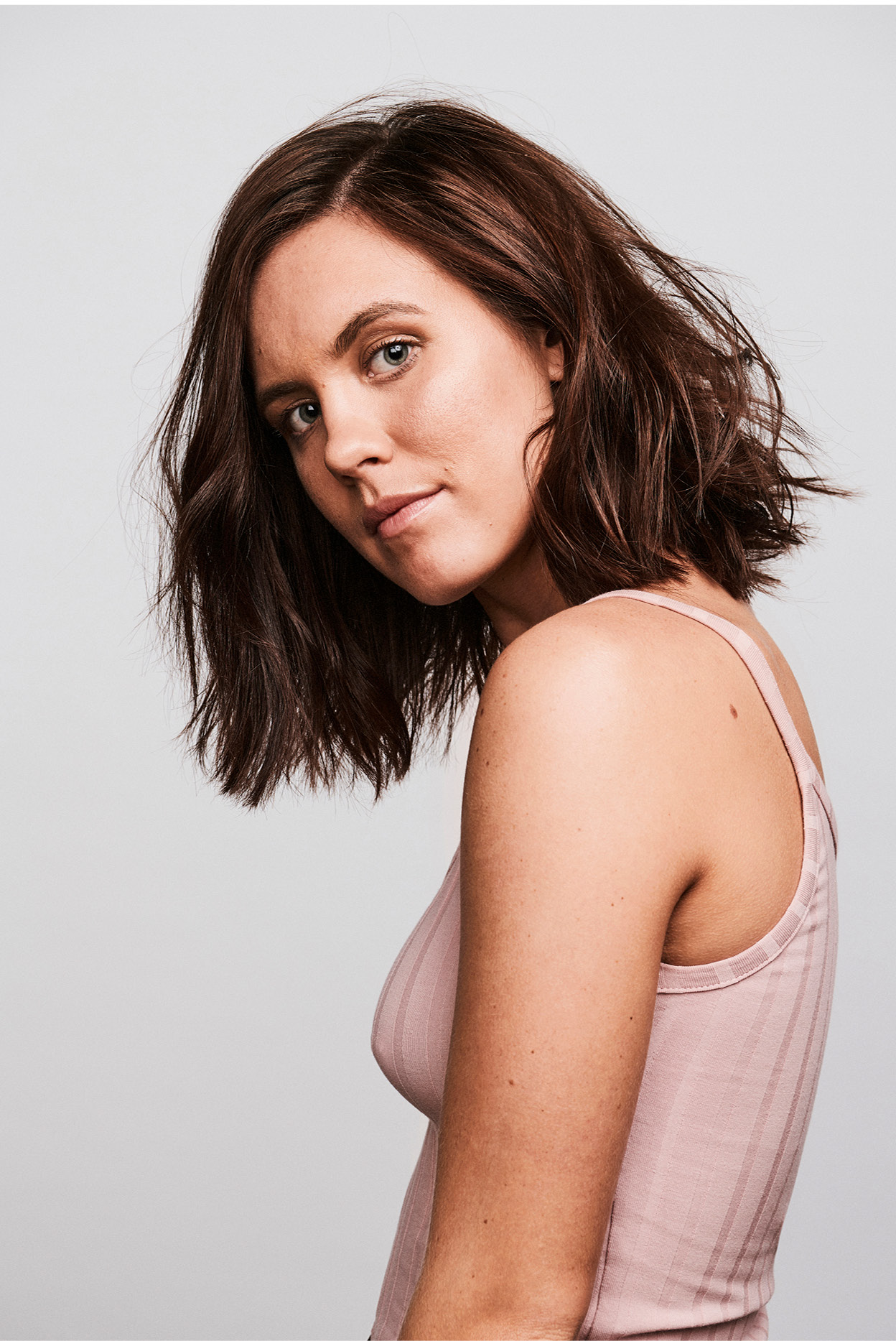
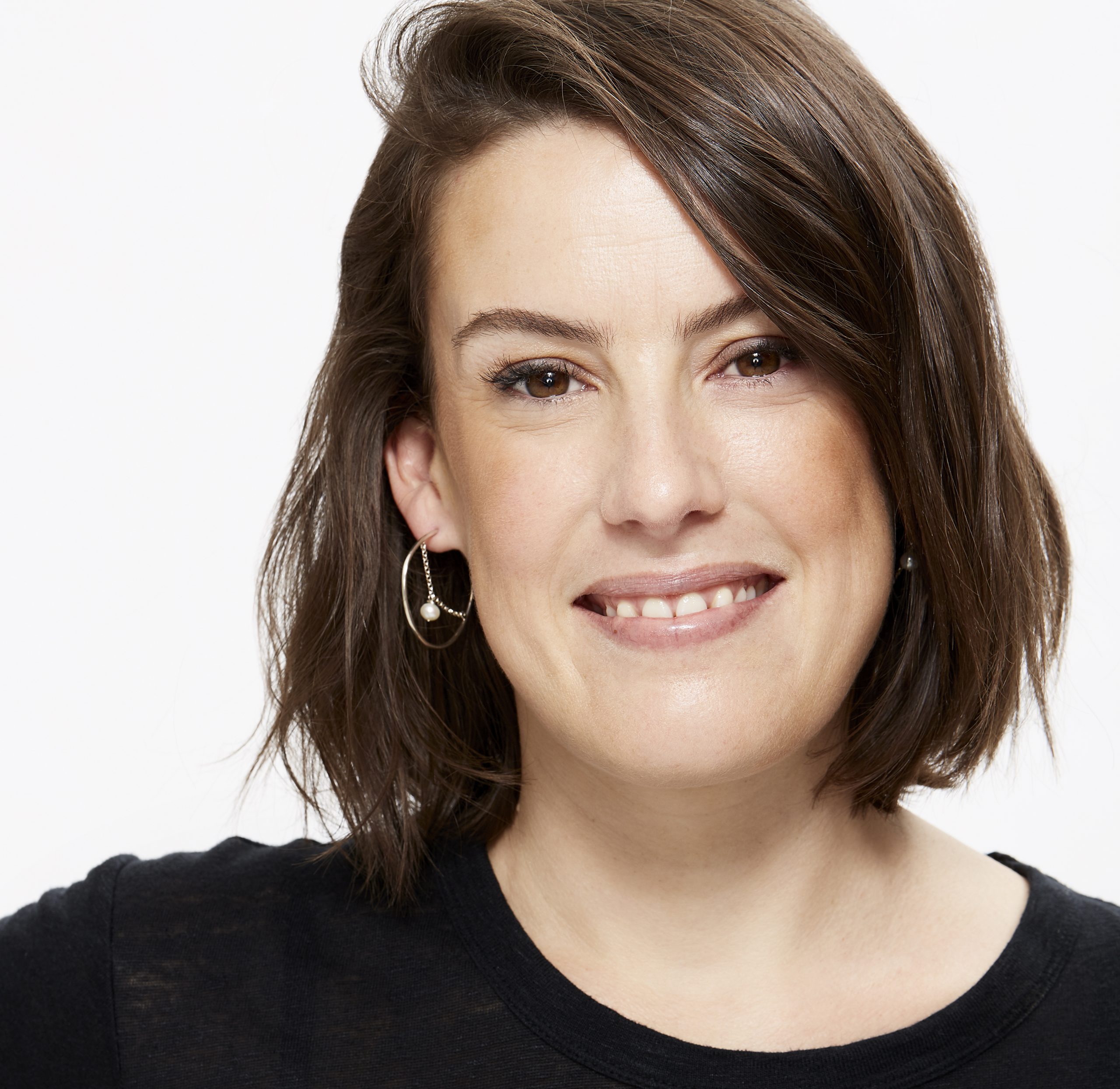


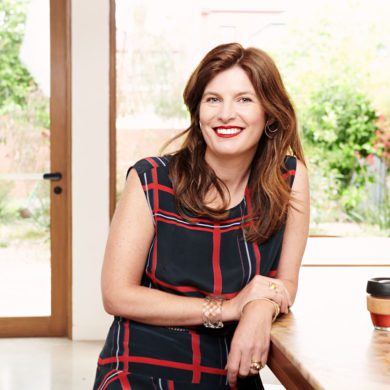
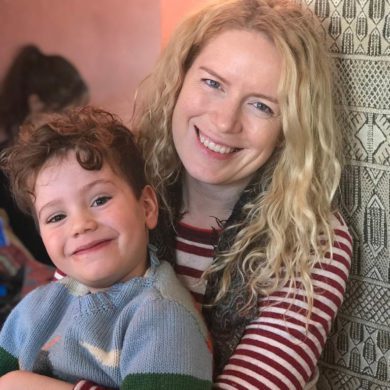
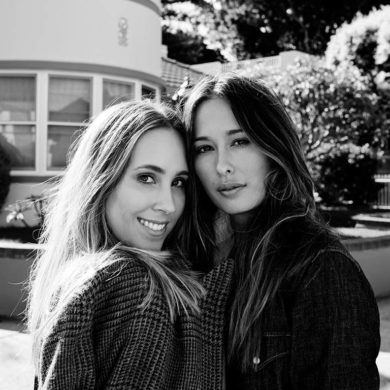
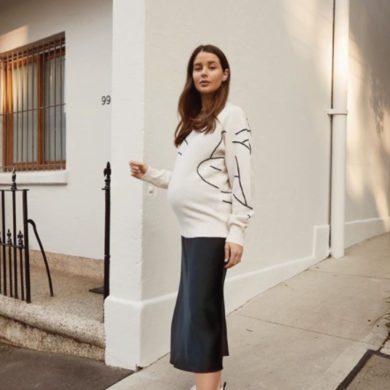

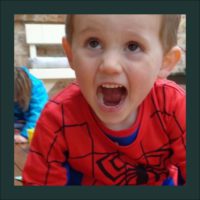
No Comments